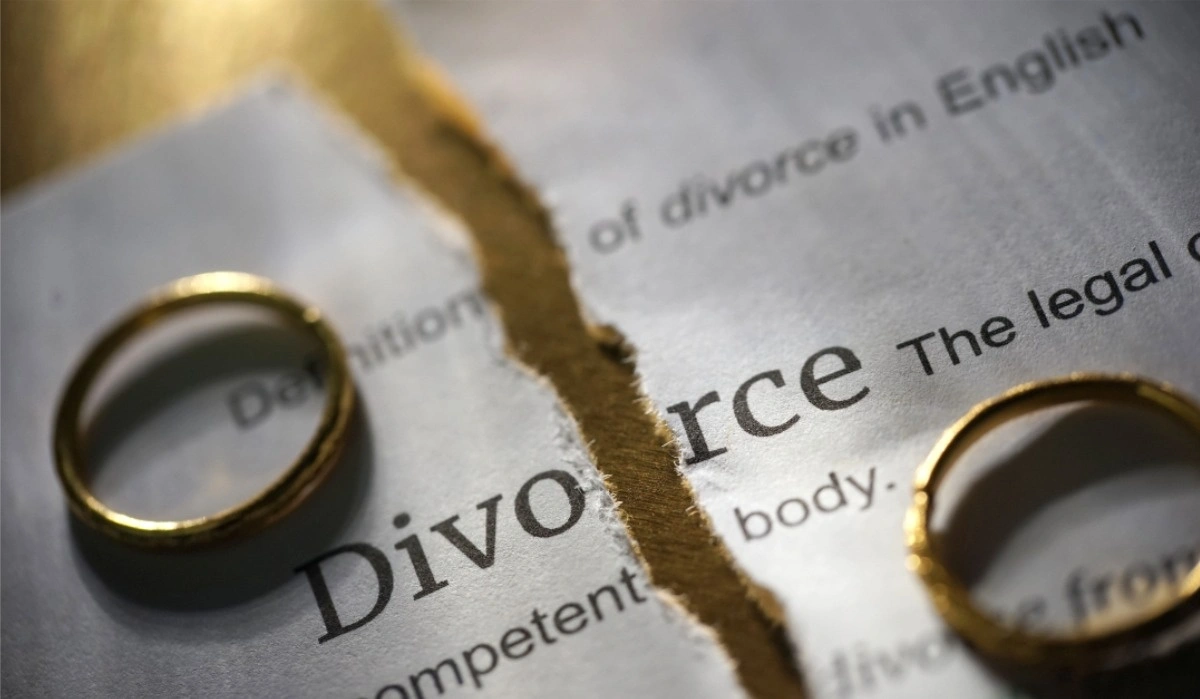Why Men Are Less Likely To Initiate Divorce Than Women
Divorce is a complex and deeply personal decision influenced by many social, emotional, and cultural factors. Studies consistently show that women are more likely than men to initiate divorce.
Understanding why this gender gap exists requires examining emotional, societal, psychological, and relational dynamics that shape how men and women approach the end of a marriage.
Emotional Awareness and Expression
One of the key reasons women initiate divorce more often relates to differences in emotional awareness and expression. Women generally tend to be more attuned to their feelings and the emotional health of their relationships. They are often more willing and able to express dissatisfaction and articulate their needs, making them more likely to recognize and act on marital problems.
Men, on the other hand, might struggle with emotional expression due to socialization that encourages stoicism and emotional restraint. This can lead to men internalizing relationship issues and delaying confronting them, which reduces the likelihood of them initiating divorce.
Also Read: Essential Strategies for a Peaceful Easter With Your In-Laws
Social and Cultural Expectations
Traditional gender roles and societal expectations play a significant role. Women have historically been viewed as caretakers of the family and marriage, so when they reach a breaking point, they may feel more compelled to act to protect their well-being or that of their children.
Men, meanwhile, may face social pressures to maintain the family unit and may perceive divorce as a failure of their role as provider or protector. This can result in men being more reluctant to initiate divorce, even when unhappy.
Economic Factors and Independence
Economic considerations also influence divorce initiation. Women today are increasingly financially independent due to greater participation in the workforce and higher education levels. This independence gives many women the confidence and means to leave unsatisfactory marriages.
Conversely, men may be less financially concerned about divorce outcomes, but some fear the financial and legal ramifications of divorce settlements, child support, or alimony. This can make men more cautious about initiating divorce, especially if they worry about losing economic stability.
Relationship Satisfaction and Thresholds
Research indicates women often have higher expectations for emotional intimacy, communication, and partnership quality. When these needs aren’t met, women may feel less satisfied and more likely to seek change through divorce.
Men, however, may report lower expectations or be more tolerant of dissatisfaction, contributing to a higher threshold for ending the relationship. They may also prioritize companionship and routine, leading to a reluctance to disrupt the status quo by initiating divorce.
Fear of Social Stigma and Emotional Impact
Men may experience greater social stigma and emotional difficulties related to divorce. Studies suggest men tend to lose more social connections post-divorce and face greater challenges adapting emotionally compared to women.
The fear of loneliness, loss of identity, and uncertainty about the future can deter men from initiating divorce. Women, while also impacted emotionally, are often more proactive in seeking social support and rebuilding their lives post-divorce.
Communication Patterns and Conflict Resolution
Women are often more proactive in addressing marital conflicts and seeking counseling or support. When these efforts fail to improve the relationship, women may decide to end the marriage.
Men, however, may avoid confronting problems directly and are less likely to seek help for marital issues. This avoidance can delay divorce initiation and prolong unhappy marriages.
Conclusion
The reasons men are less likely to initiate divorce than women are multifaceted, involving emotional, cultural, economic, and relational factors. Women’s greater emotional awareness, independence, and lower tolerance for dissatisfaction often lead them to take the step toward divorce more frequently. Men’s socialization to suppress emotions, fear of stigma, and different relationship priorities contribute to their reluctance.

